Discipline That Connects With Your Child’s Heart
I have long wanted to be the parent who doesn’t just dole out punishments when my children disobey. My goal isn’t to produce a little army of “yes men” who blindly obey anyone in authority. I want to raise confident, competent adults who have the inner strength to honor God regardless of what the rest of the world does. I don’t believe in automatic “first-time obedience no matter what” (except to God), but being a permissive parent who is afraid to shape their child’s heart isn’t any better.
There are some excellent resources out there on parenting. Some that have been especially helpful to me are Paul David Tripp’s Parenting and several titles by Clay and Sally Clarkson. My perspective has been challenged and shaped by these wise voices. Still, when faced with the day-to-day, “in the trenches” work of parenting, I often came up short. My child speaks disrespectfully to me, hits his sister, or is unkind to her friends: now what? I know that I want to point them to the gospel, I know a spanking and a forced apology is insufficient, but I struggled to connect the dots and effectively put into practice what I believe in theory.
Discipline That Connects With Your Child’s Heart by Jim and Lynne Jackson has helped me fill in that theoretical outline with practical application. Built on four basic principles, Discipline That Connects does a wonderful job of walking one through many different scenarios and showing what godly discipline looks like. The Jacksons explain that, rather than setting parents and children up for power struggles, godly discipline puts parents in their God-given role as wise authorities.
Here some of the lessons I’ve gleaned from the four principles of Discipline That Connects:
1. You are safe with me.
“To learn life’s most important lessons and values, a child must feel emotionally and physically safe.”
I’ve seen it happen so often with my own kids. Even though their actions were wrong, if I react harshly or loudly, they shut down. They can’t meet my eyes. Regardless of what I am attempting to teach them, they often only take away the idea that they were bad and that made Mama (and Jesus) mad/sad.
When I intentionally step back, wait, cool off, and take the time to completely understand the situation before attempting to deal with it, I can actually teach my children what I want them to internalize. And my kids don’t see me as the enemy.
2. You are loved, no matter what.
“Simply stated, if we mostly convey love only when we like how our kids are acting, we’re showing them conditional love.”
While I do love my kids, I struggle with expressing that in the heat of a moment of discipline. It’s easy for me to “withhold” my love until we have dealt with the disobedience. The glaring fault in this approach is, of course, that it makes my love something that must be earned by good behavior, which is not unconditional love at all. And it’s certainly not the way God loves us.
3. You are called and capable.
“We have an unswerving conviction that every child is a miraculous creation, the handiwork of God, crafted for His good purposes.”
It has been so helpful for me to remind my kids (and myself!) that God has created us for fellowship with Him. Not only that, but He also calls us to good works and equips us to do them. What a wonderful opportunity to share the gospel with our little ones! Because of Christ, we are not helplessly stuck in our sins. We can change and grow. (Mamas, too!)
“For we are his workmanship, created in Christ Jesus for good works, which God prepared beforehand, that we should walk in them.” (Ephesians 2:10)
4. You are responsible for your actions.
“Many of us weren’t taught as children to make restitution or reconcile conflicts. Rather, we were told to go to our rooms and not come out until we could speak the words ‘I’m sorry,’ regardless of the condition of our hearts.”
Loving our kids doesn’t let them off the hook. Holding them accountable means guiding them as they learn to accept responsibility for their actions, repent, make restitution, and deal with the consequences of their choices. And isn’t that exactly the kind of person we want our kids to grow up to be? Having a long-term (lifetime!) view of our kids frees us from the urgency that fuels reactive parenting.
Reading Discipline That Connects With Your Child’s Heart highlighted a couple of faulty mindsets of my own that I didn’t even realize I had.
Misconception: “If I treat my kids with kindness when they misbehave, they won’t respect me as a parent.”
Truth: I’m learning that true respect is only increased by kindness, never damaged.
Misconception: “If they’ve done wrong, they have to be punished, even if reconciliation has been made.”
Truth: If a child has repented and reconciled the damages caused by his sin, arbitrary punishment is often rooted in my own sin and the desire to get even with the child for the trouble he’s caused me: far from a gospel mindset! (It’s very humbling to type this and expose the ugliness in my heart!)
The approach of Discipline That Connects is a wonderful antidote to these mindsets. Rather than raising outwardly obedient kids who may be motivated by fear or guilt, this book models how to walk the long and difficult–yet rewarding–road of raising children with the tools to govern themselves, obey from a heart that wants to please God, and solve conflicts well.
I recommend Discipline That Connects With Your Child’s Heart to anyone with kids, regardless of age. It’s a great book for grandparents and foster parents, too.
Discipline That Connects Online Course
(course review from Gretchen Louise)
It’s one thing to read a book filled with practical parenting principles; it’s another to listen in as the authors of that book delve into the principles of that book with role playing and more real-life stories in an online video course. The six-session, self-paced Discipline That Connects online course from Connected Families is not only a great companion to the book, but it’s the perfect solution for the mom or dad who doesn’t have time to sit down and read a book. You can access the course on your smartphone or computer, listen in to the audio as you do housework, and easily repeat any segments you missed. Recognizing my own negativity in their examples drove home the point that I needed to change my parenting methods; actually hearing the difference in their approach gave me the courage to humble myself, embrace the four principles, and make changes in how I correct my children. Click here for more information on the course.
Disclosure: Jeannie received a free copy of Discipline That Connects in exchange for an honest review. Gretchen and other members of the Kindred Grace Team received a free ebook and online course access in order to preview the material. While the links are affiliate links, we are promoting the material because we use and recommend it.
Photography: JenniMarie Photography

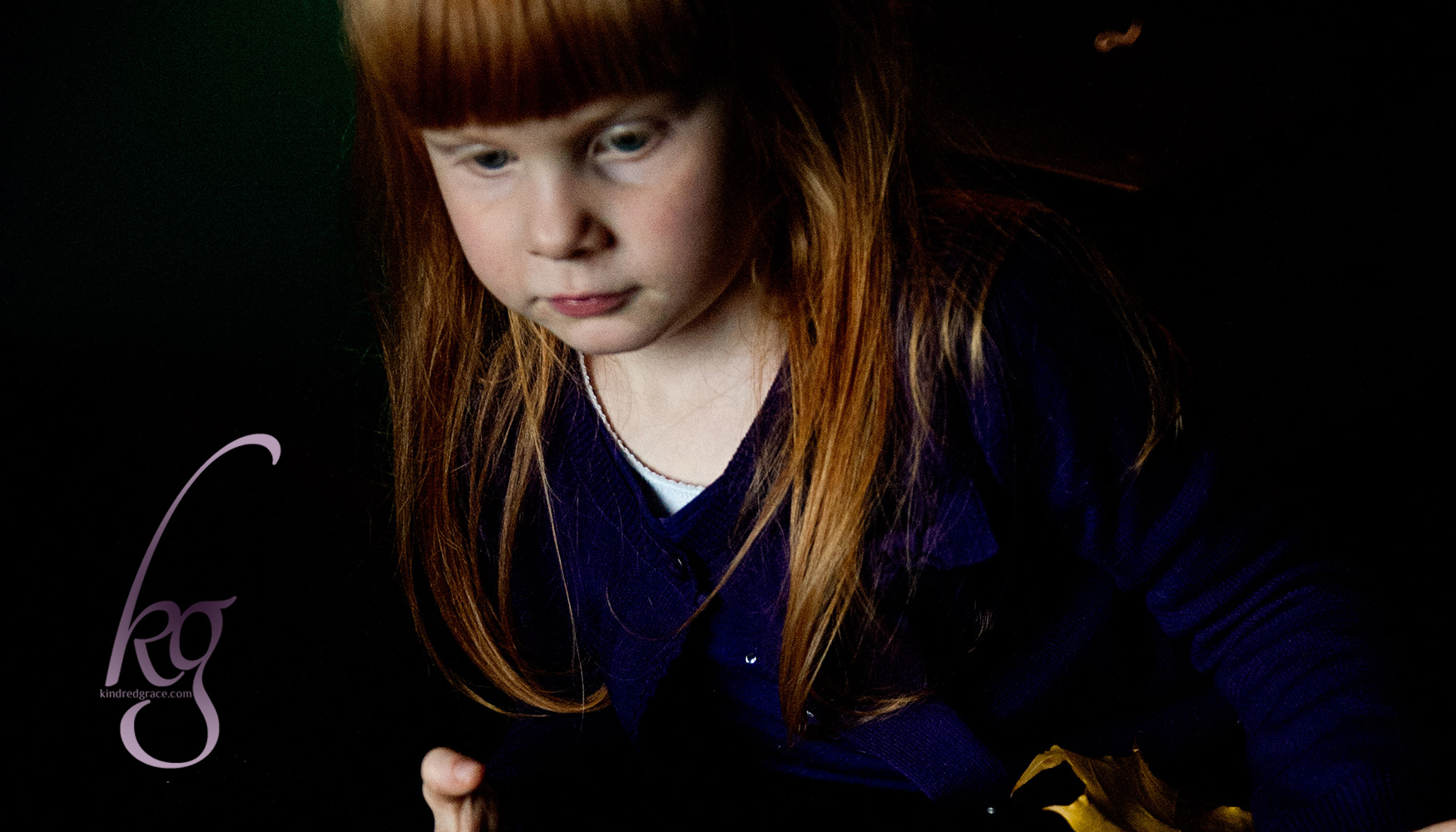
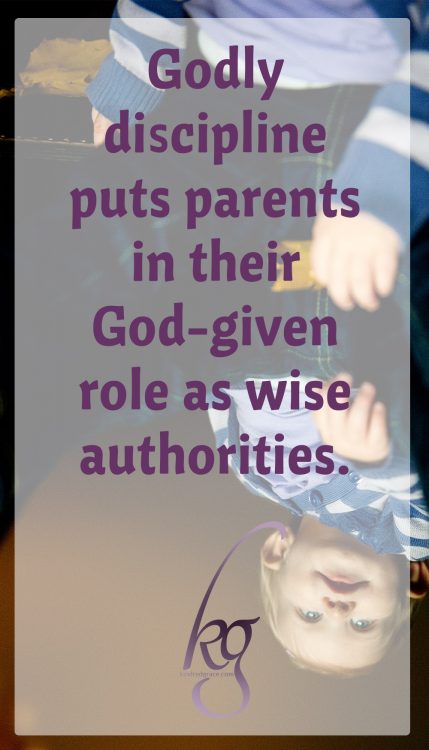
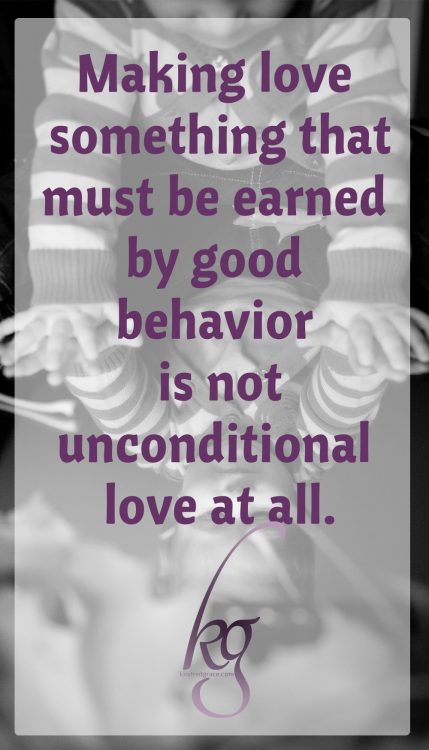
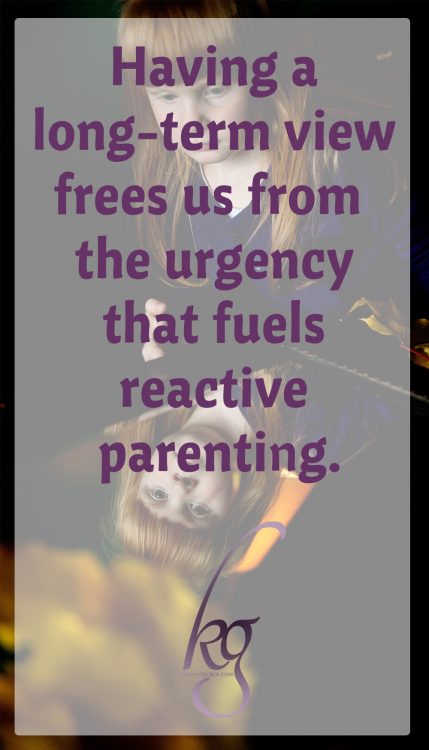
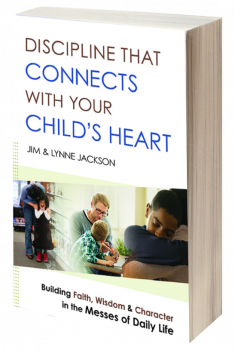

Hello,
I am looking for a book that ties these godly principles in to practical examples. I spent a lot of time and money and have read so many great books with awesome theology and principles yet lacking actual practical examples to try.
Can you please let me know if this book provides that?
Thank you,
Abigayle King
Struggling mom
Hello,
I was wondering, does this book endorse spanking?
Thank you.
Per the book:
“We are not dogmatic about whether or how to use spanking as a general form of discipline. But we do believe spanking is not a biblical mandate.”
Great review! I’m going to get the book. Thanks for the recommendation.